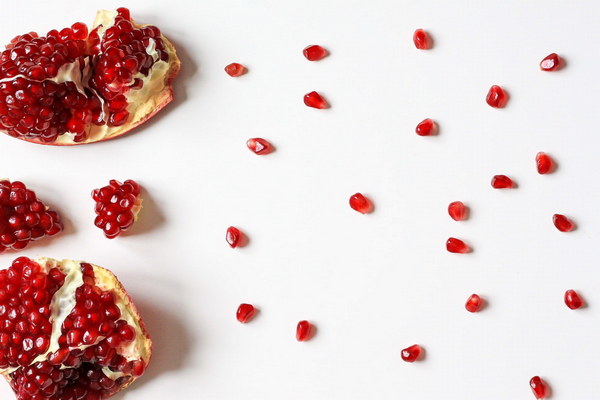Nurturing the Liver vs Nourishing the Kidneys A Comprehensive Guide to Traditional Chinese Medicine Practices
In Traditional Chinese Medicine (TCM), both the liver and kidneys play crucial roles in maintaining a person's overall health and well-being. While they are closely related, each organ has its own unique characteristics and functions. Understanding the differences between nurturing the liver and nourishing the kidneys can help individuals adopt appropriate health practices and dietary habits. This article delves into the distinctions between these two vital organs and provides insights into how TCM approaches their care.
The Liver
The liver, known as Gan in Chinese, is considered the director of the five zang organs, which includes the heart, liver, spleen, lung, and kidney. It is responsible for the smooth flow of Qi (vital energy) and blood, as well as the regulation of emotions. The liver is often associated with the color green, the season of spring, and the wood element.
Nurturing the liver focuses on maintaining its role in the smooth flow of Qi and blood. Key aspects of liver care include:
1. Emotions: The liver is closely connected to the emotions, especially anger and frustration. TCM emphasizes managing stress and emotional balance to support liver health.
2. Diet: A diet rich in green vegetables, such as leafy greens and broccoli, can support liver function. Foods high in vitamin C and antioxidants, like citrus fruits, berries, and bell peppers, can also help.
3. Exercise: Regular physical activity promotes the smooth flow of Qi and blood, benefiting the liver. Gentle exercises like tai chi, yoga, and qigong are particularly beneficial.
4. Sleep: The liver is most active during the hours of 1-3 AM, which is why adequate sleep is essential for liver health.
The Kidneys

The kidneys, known as Shen in Chinese, are considered the root of life and are responsible for storing Jing (essence), which is essential for growth, development, and reproduction. They are associated with the color black, the season of winter, and the water element.
Nourishing the kidneys focuses on maintaining their role in storing Jing and supporting overall vitality. Key aspects of kidney care include:
1. Diet: A diet rich in foods like black beans, kidney beans, walnuts, and sweet potatoes can support kidney health. Foods high in omega-3 fatty acids, like fish and flaxseeds, are also beneficial.
2. Exercise: Moderate exercise can help maintain kidney function and promote overall health. Avoiding overexertion is crucial, as excessive physical activity can strain the kidneys.
3. Stress management: Chronic stress can negatively impact kidney health. Practices like meditation, deep breathing exercises, and mindfulness can help manage stress levels.
4. Hydration: Drinking plenty of water is essential for kidney function. It helps filter waste and toxins from the body, ensuring proper kidney function.
Differences in Approach
While both the liver and kidneys require care, the approaches to nurturing and nourishing them differ. The liver focuses on promoting the smooth flow of Qi and blood, while the kidneys emphasize storing Jing and supporting overall vitality.
In TCM, the liver and kidneys are often treated together, as they are interconnected. For example, a person with liver Qi stagnation may also experience kidney problems, and vice versa. In such cases, a TCM practitioner will develop a treatment plan that addresses both organs, using acupuncture, herbs, and dietary recommendations tailored to the individual's specific needs.
Conclusion
Understanding the differences between nurturing the liver and nourishing the kidneys is essential for maintaining a balanced and healthy life. By adopting appropriate health practices and dietary habits, individuals can support the health of both organs and enjoy the benefits of Traditional Chinese Medicine. Whether you're focusing on the smooth flow of Qi and blood or the storage of Jing and vitality, caring for the liver and kidneys is crucial for overall well-being.









